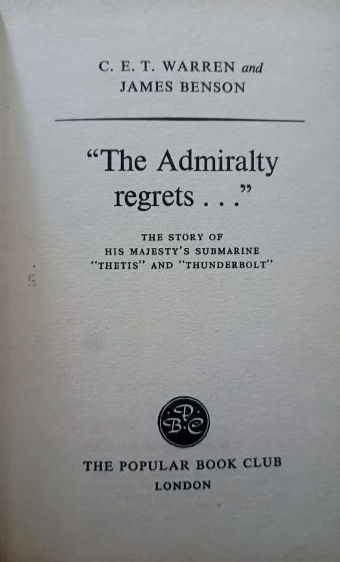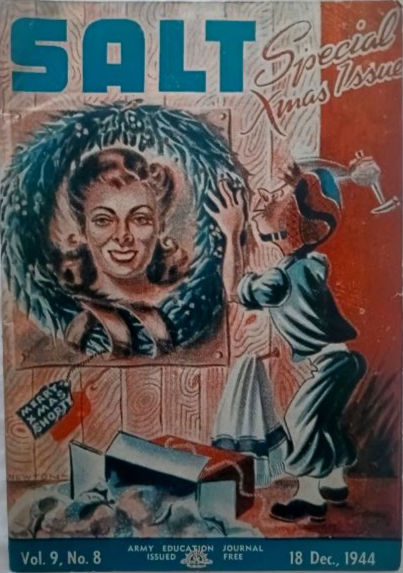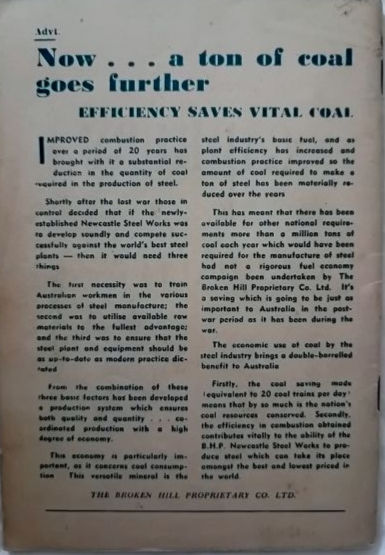Napoleon's Captivity In Relation To Sir Hudson Lowe (1903) By R. C. Seaton
Sir Hudson Lowe was appointed to the position of custodian of Napoleon, who had surrendered to H.M.S. "Bellerophon" off Rochefort. Lowe was to be governor of St Helena, the place of the ex-emperor's exile.
On his arrival there at Plantation House he found that Napoleon had already had scenes with Admiral Cockburn, of H.M.S. "Northumberland," and that he had sought to induce the former governor, Colonel Wilks, to infringe the regulations prescribed by the British government.
Napoleon and his followers at Longwood pressed for an extension of the limits within which he could move without surveillance, but it was not in Lowe's power to grant this request. Various matters, in some of which Lowe did not evince much tact, produced friction between them.
The news that rescue expeditions were being planned by the Bonapartists in the United States led to the enforcement of somewhat stricter regulations in October 1816, Lowe causing sentries to be posted round Longwood garden at sunset instead of at 9 P.M. This was his great offence in the eyes of Napoleon and his followers. Hence their efforts to calumniate Lowe, which had a surprising success. O'Meara, the British surgeon, became Napoleon's man, and lent himself to the campaign of calumny in which Las Cases and Montholon showed so much skill. In one of the suppressed passages of_his Journal Las Cases wrote that the exiles had to "reduce to a system our demeanour, our words, our sentiments, even our privations, in order that we might thereby excite a lively interest in a large portion of the population of Europe, and that the opposition in England might not fail to attack the ministry." As to the privations, it may be noted that Lowe recommended that the government allowance of £8000 a year to the Longwood household should be increased by one-half.
The charges of cruelty brought against the governor by O'Meara and others have been completely refuted; and the most that can be said against him is that he was occasionally too suspicious in the discharge of his duties. After the death of Napoleon in May 1821, Lowe returned to England and received the thanks of George IV. On the publication of O'Meara's book he resolved to prosecute the author, but, owing to an unaccountable delay, the application was too late. This fact, together with the reserved behaviour of Lowe, prejudiced the public against him, and the government did nothing to clear his reputation. In 1825-1830 he commanded the forces in Ceylon, but was not appointed to the governorship when it fell vacant in 1830. In 1842 he became colonel of his old regiment, the 50th; he also received the G. C. M. G. He died in 1844.
The book includes a map of Saint Helena with the boundaries assigned to Napoleon.
Unknown inscription on inside page.
- Hard Cover
- 282 pages
- In Fair Condition
































